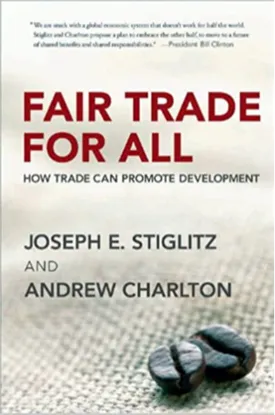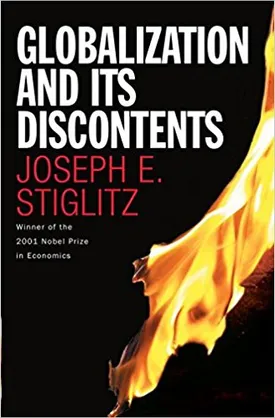Joseph E. Stiglitz
Joseph E. Stiglitz is one of the most distinguished economists of the modern age. He is an American scientist and academic who served as chair of the Council of Economic Advisers under President Bill Clinton and was awarded the Nobel Memorial Prize in Economic Sciences in 2001. Stiglitz's work is focused primarily on economic inequality, public policy, and globalization. He has authored many influential books on the topics, including Globalization and Its Discontents, Making Globalization Work, The Roaring Nineties, and Freefall.
Joseph E. Stiglitz was born in Gary, Indiana in 1943 and obtained his bachelor's degree from Amherst College in 1964. He attended the Massachusetts Institute of Technology, where he obtained his Ph.D. in economics in 1967. After graduating from MIT, he served as an economist at the US Council of Economic Advisers from 1970 to 1971. He then returned to MIT, where he worked as a professor for nearly two decades before joining the faculty of Stanford University in 1989.
Joseph E. Stiglitz is most famous for his contributions to the field of public economics. In particular, Stiglitz was one of the first to apply the theory of "asymmetric information" to economics. Asymmetric information is the idea that opposing economic actors have different levels of information available to them, and this can result in one party having an advantage over the other. Stiglitz's work focused on the ways in which asymmetric information affects the pricing of goods, the outcomes of bargaining, and the allocation of resources.
In addition to his academic career, Stiglitz has also been an outspoken advocate for economic reforms. Throughout his career, he has argued for a more equitable distribution of resources, for increased transparency in the financial system, and for better regulation of global financial markets. His work has been highly influential, particularly in the aftermath of the financial crisis of 2008. Stiglitz has argued for greater government involvement in the economy, taxation of financial markets, and increased social protection for the poor.
Joseph E. Stiglitz is the author of numerous books including Globalization and Its Discontents, Making Globalization Work, The Roaring Nineties, and Freefall. Globalization and Its Discontents evaluates the theory and evidence on the effects of globalization on different countries. Making Globalization Work outlines Stiglitz's ideas on how economic globalization can be better managed to improve economic, social, and environmental outcomes. The Roaring Nineties provides an account of the economic policies of the Clinton administration and their implications. Freefall examines the causes of the 2008 financial crisis and offers solutions to the challenges it poses.
Joseph E. Stiglitz is one of the most renowned and influential economists of the modern age. He has made major contributions to the field of public economics and economic reforms. His work on economic inequality, public policy, and globalization has left a lasting impact on the economics profession and informed critical debates on global economic issues. Stiglitz's books have also been influential in guiding public policy at the national and international levels.


